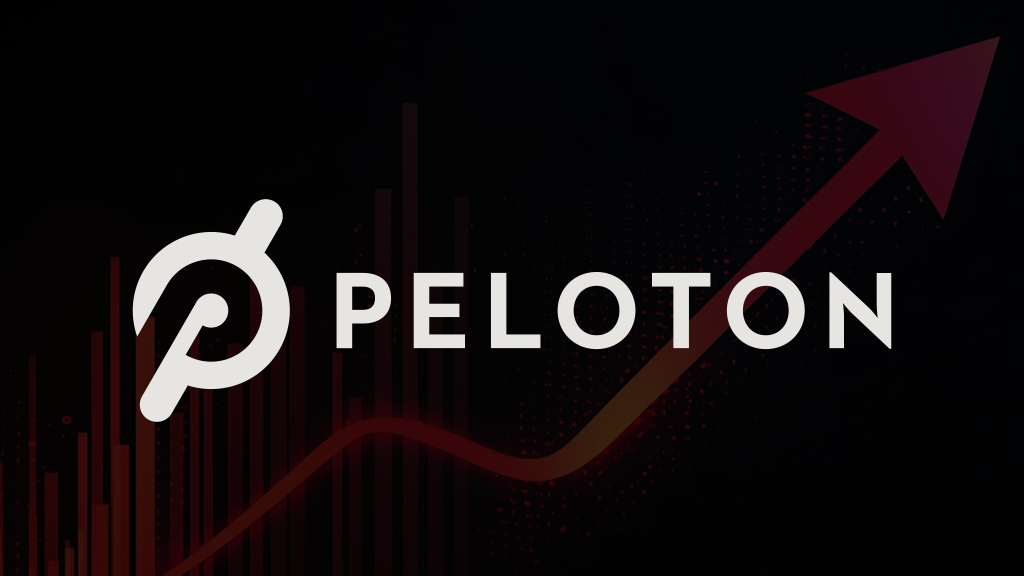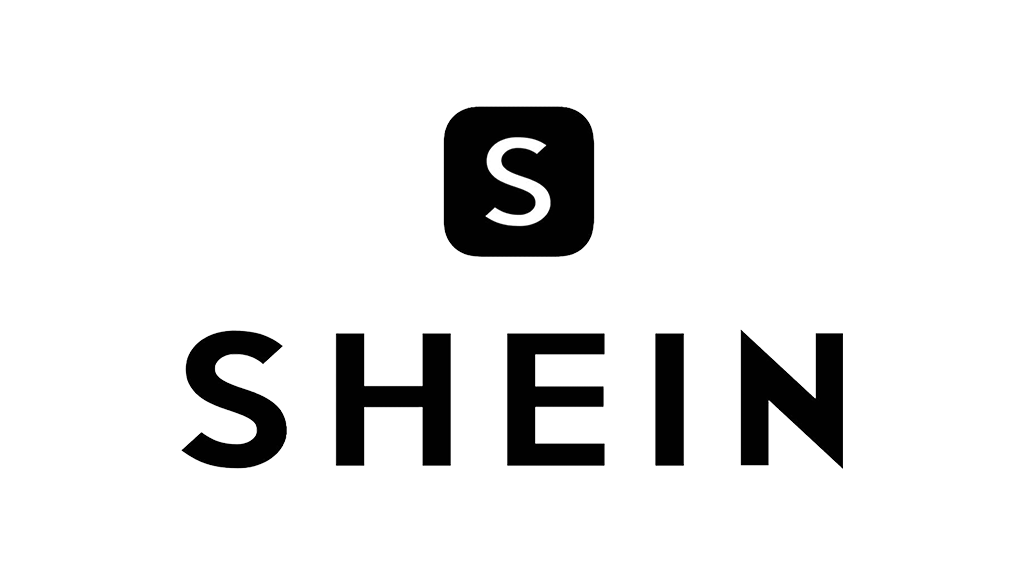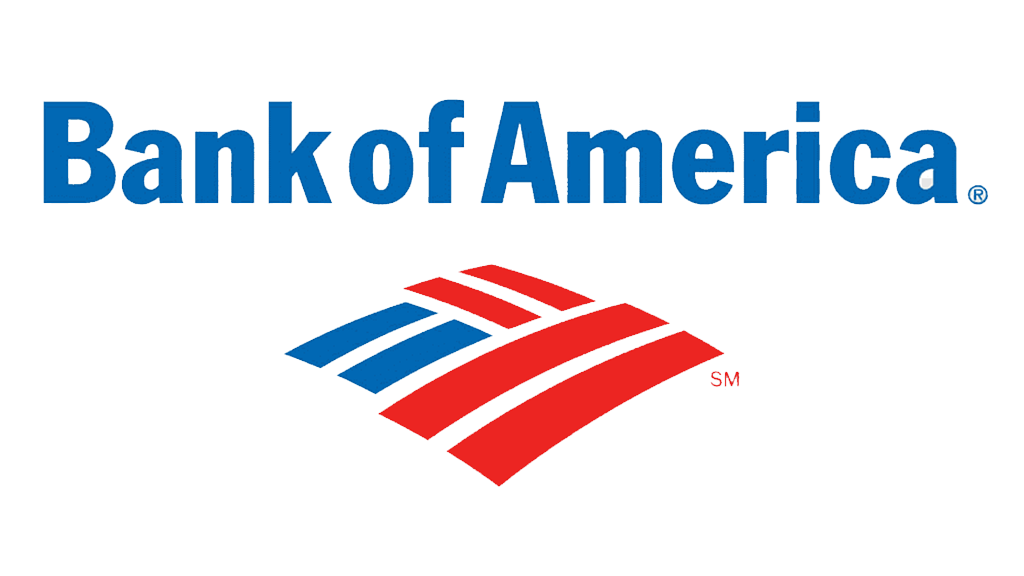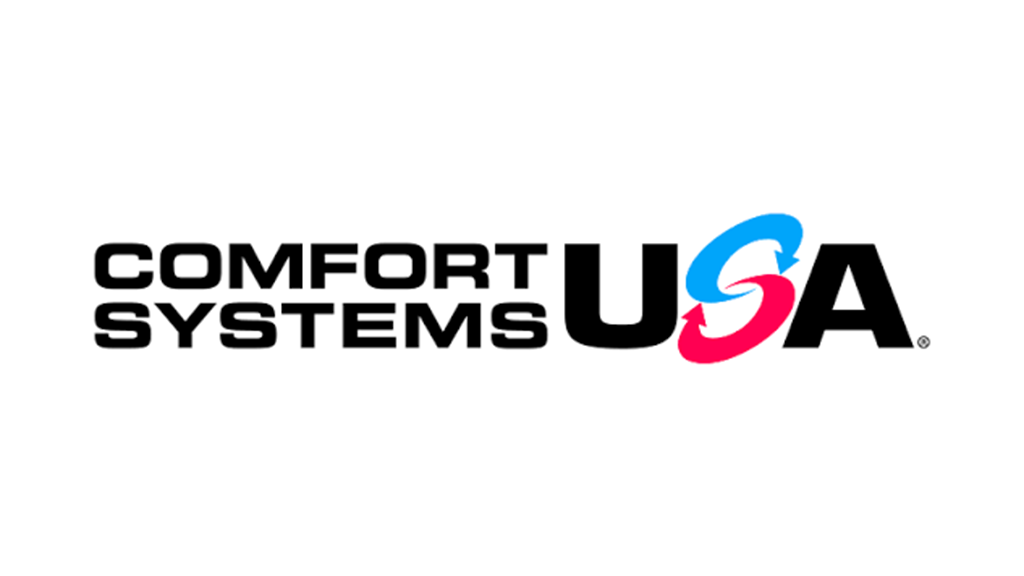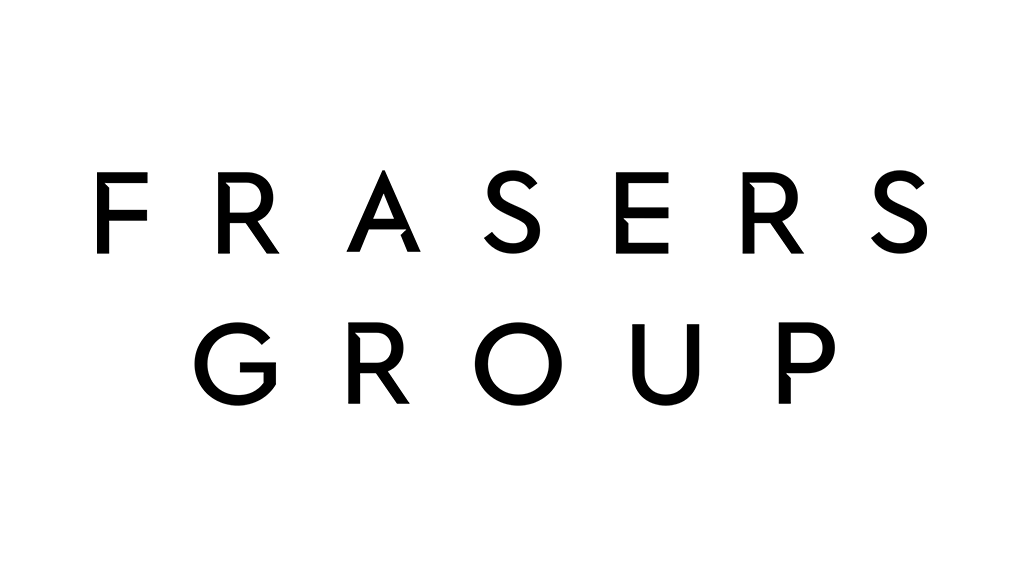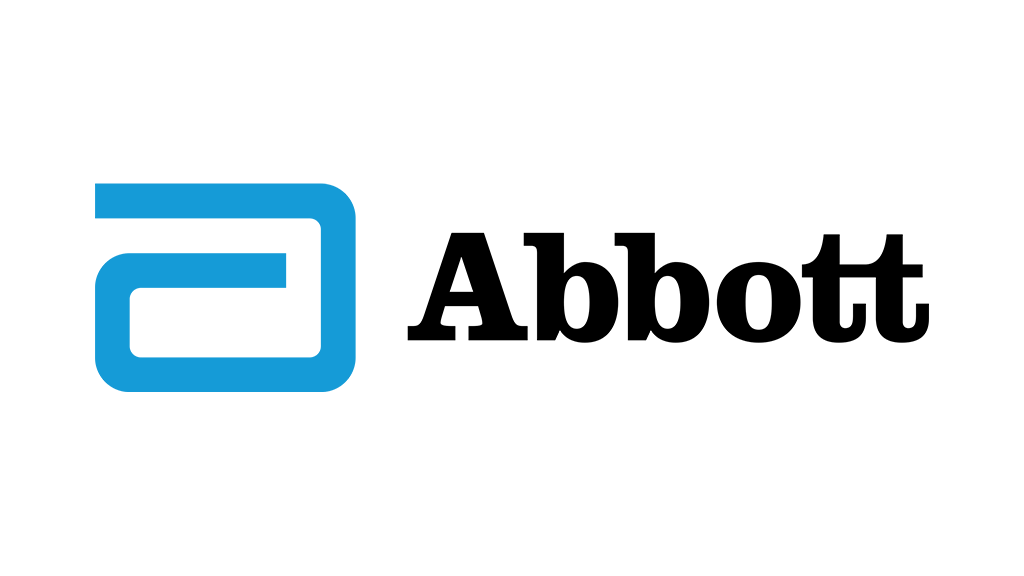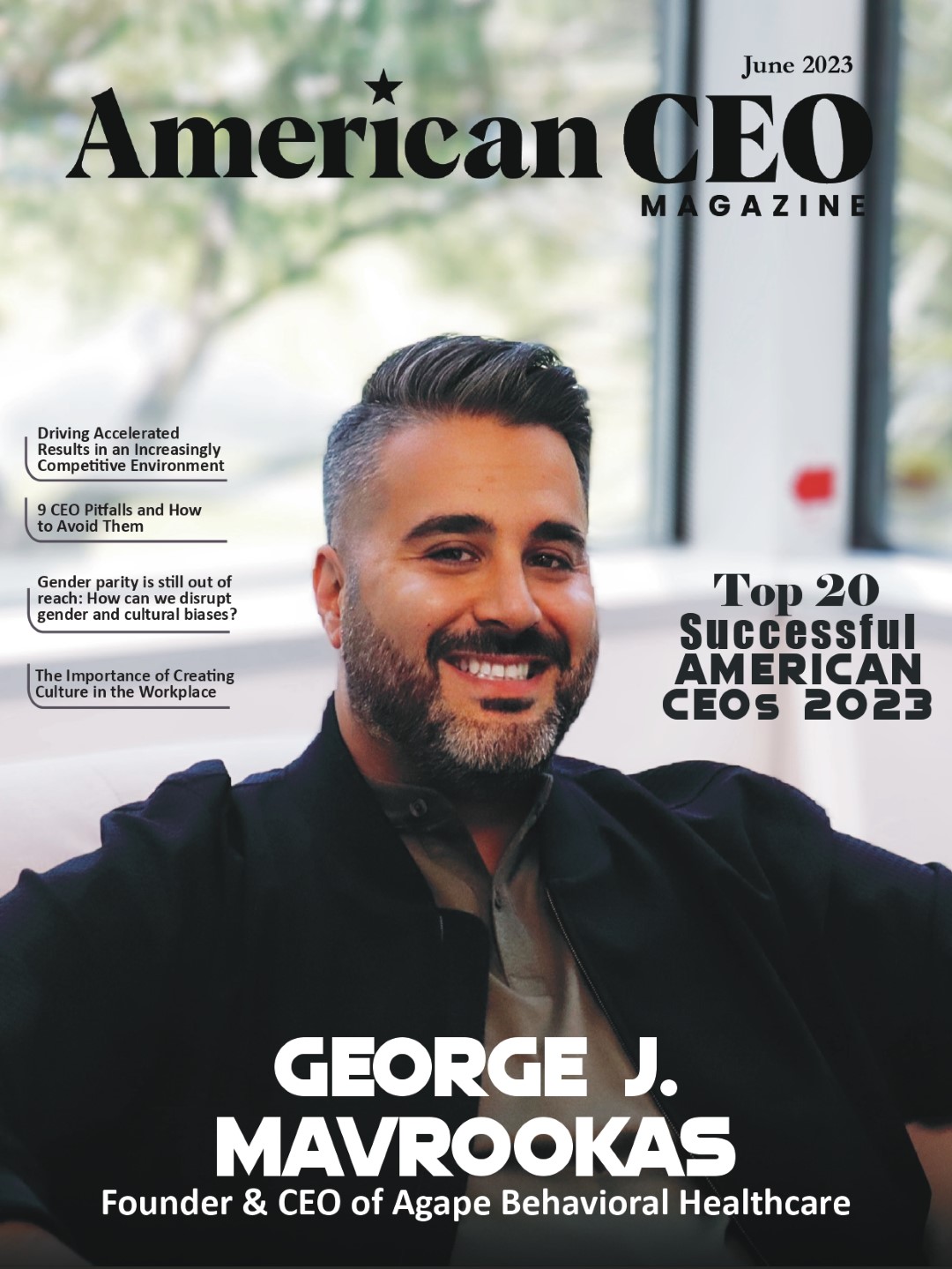Valerie Cockerell
Leadership Coach

Valerie Cockerell
Valerie was born and raised in France where she graduated from Institut Pitiot-Lyon II with a degree in Business hospitality. She participated in the World Showcase Fellowship program at Epcot in 1987/88. After working as an investment advisor for a bank, she eventually joined Disneyland Paris in 1991 as a retail manager and ran multiple merchandise locations in the Resort division. She eventually joined the Merchandise Buying Office and oversaw the assortment planning for all Resort merchandise locations at Disneyland Paris.
Upon moving to Florida in 1997, Valerie worked as the Assortment Planning Manager at Downtown Disney and Epcot Center. She eventually moved to Merchandise Brand Management for both Epcot and the Disney Cruise Line. Valerie left the company and started consulting for outside organizations in the retail world. She returned to Disney in 2013 to become a contract facilitator for Disney Institute. She facilitated professional development classes and custom programs in both French and English. She drew from her international management experience in retail and operations to teach Disney’s approach to Leadership Excellence and Customer Service.
Since May 2019, Valerie is a keynote speaker and facilitates workshops with her husband Dan. She shares her expertise and methodology in leading teams and delivering outstanding customer service.
With her new book “Manage like a Mother” Valerie brings a simple to understand and easy- to-implement take on leadership inspired by a
mother’s playbook.
Valerie Cockerell
Leadership made simple: Manage like a Mother
Am I the only one who thinks we tend to look for complicated solutions when simple answers are staring us right in the face? This is what I realized in my quest to become a better leader. While searching for these answers, I found that there is a never-ending list of competencies required. More often than not, that would leave me feeling overwhelmed with very few holistic solutions to show for it.
Among other things, leaders should be inspiring, have great E.Q and communication skills, excel at time management, be able to keep up and leverage new technology, be a people developer, stay “cool and collected” under pressure, not to mention be impeccable role models, trustworthy, fair, and humble, …the list goes on.
If you are a young professional, an aspiring leader or even an experienced one, you probably do not know where to start. Neither did I… until something became obvious to me.
Effective leadership can be very simple. And it can be learned through the lens of what a mother does, day-in day out. If you have children of your own, you will certainly relate. But even if you are not a mother, or even a woman, this all makes sense too. Because we all have one thing in common: we all have a mom. And maybe our mom always said the right thing, made just the right decisions and was the perfect role model. Maybe not so much. But by virtue of being a child and therefore on the receiving end of mothering, we know what works and what doesn’t. We can remember the times when we were given just the right amount of guidance and advice and as a result felt supported, encouraged, and empowered. Likewise, we can recall the times we were frustrated by conflicting or inconsistent expectations, unfairness, too much or not enough oversight, or arbitrary decisions. These experiences taught us the very basic principles of great leadership.
It is hard to not see the many similarities. Being a mother or a leader requires patience, diplomacy and a long-term commitment, and no matter how prepared you may be, there will always be a fair amount of “on the job” training involved. And whether you are sitting on top of an organization or running a household, you are responsible for everyone around you.
Much like a mom needs to adapt to her kids’ different personalities, leaders must also take into consideration the talents, skills, needs and character of their individual team members so they can effectively dispense encouragements, recognition, and feedback, (or should I say, “tough love”) and foster a collaborative environment.
Leaders can also take a cue from mothers when it comes to communication. Ever heard your mom say: “What did I just say?”. This was probably aimed at you in the exasperated tone of a frustrated mom who has seen her requests get lost into the ether. But why would a mother do that? To make sure her message has been heard and understood. In these days and age of digital proficiency, we too often wrongly assume that because a message has been broadcasted, it has been understood. Misinterpretation ensues, creating confusion and frustration along the way. Leaders can minimize the number of miscommunication casualties by staying connected to the people on the receiving end of their message and ensuring that their message has indeed “landed” in the way intended. Communication is a 2-way street. So periodically ask your team: “What did you hear? What did you understand? What is on your mind?”. And then listen with the ears of a mother who is given a rare gleam into the thoughts of her teenage child. Be present, attentive, and non-judgmental because if you don’t make the most of this opportunity, it may very well jeopardize all future communication attempts.
There are so many more areas where leaders can find inspiration from a mother’s playbook: time management, conflict resolution, being a role model, collaboration, setting expectations, crisis management…Looking at leadership through the lens of a mother is a great way to remind oneself of the basic principles of human interactions and the most effective ways to foster an environment of great collaboration.
Which in the end begs the following questions: if mothers are so uniquely prepared to become leaders, why isn’t there more of them? More importantly, why are women facing headwinds to rise through the ranks? Why aren’t organizations doing enough to support working moms with increased flexibility in the workplace, and remote work options?
The business world tends to underestimate mothers’ ability to contribute to the workplace and considers time spent being a “full time mom” as a setback to a career. I beg to differ. Being a mom helps you hone your leadership skills, develop your emotional intelligence, and learn what makes a trusting relationship.
It is time for a mother’s skills to be recognized and appreciated for what they can contribute to a company’s success.





























